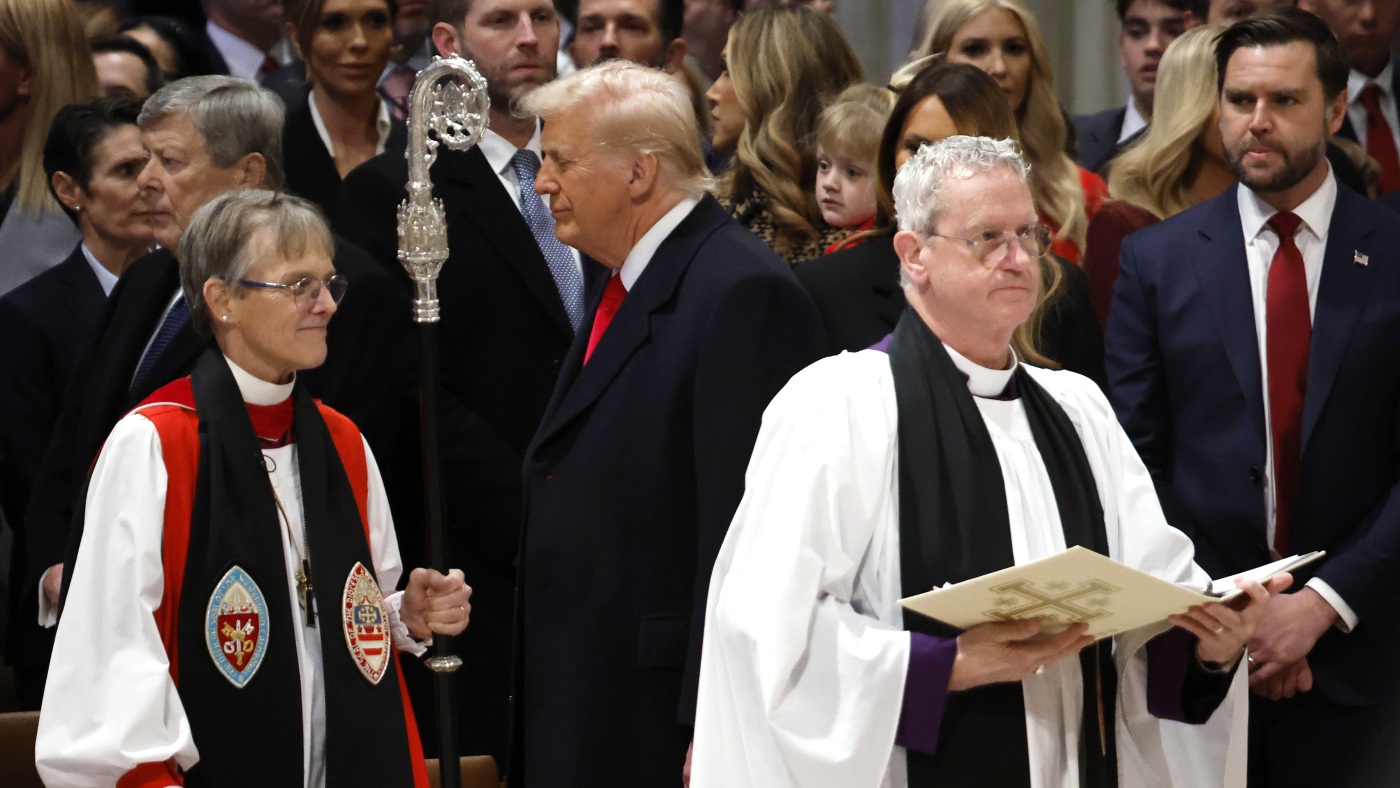Pulpit Showdown: Bishop Delivers Pointed Sermon Challenging Trump at Inaugural Prayer Service

In a powerful and compassionate sermon delivered at Washington National Cathedral, Bishop Mariann Budde made a heartfelt plea to President Trump, urging him to show empathy and understanding towards those living in fear, with a particular focus on LGBTQ youth.
Standing at the pulpit, Bishop Budde's words resonated with a message of inclusivity and compassion, calling on the president to recognize the vulnerability of marginalized communities. Her impassioned appeal emphasized the importance of extending mercy and protection to those who feel most threatened and uncertain in today's complex social landscape.
The bishop's sermon highlighted the emotional and psychological challenges faced by LGBTQ children, who often struggle with acceptance, identity, and safety. By directly addressing President Trump, she sought to humanize the experiences of these young individuals and implore leadership that prioritizes understanding and support over division and discrimination.
Bishop Budde's message was a poignant reminder of the power of empathy and the critical role that leaders play in creating an environment of acceptance and respect for all members of society, regardless of their sexual orientation or gender identity.

